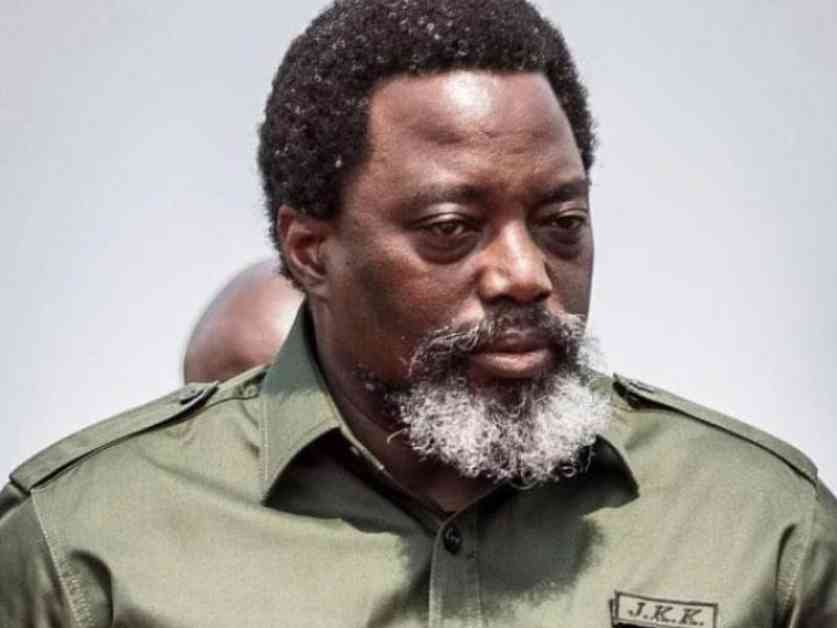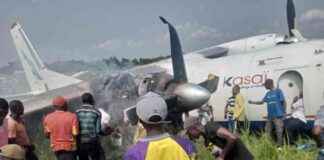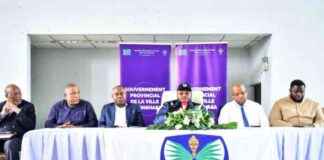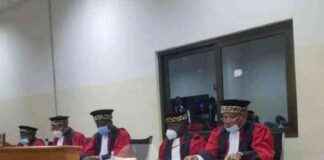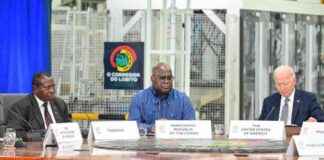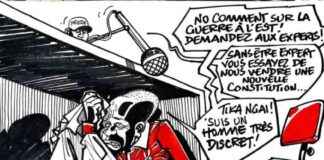Joseph Kabila, the former president of the Democratic Republic of Congo (DRC), recently published a compelling opinion piece in The Sunday Times, a prominent South African newspaper. In his article, Kabila voiced his concerns about South Africa’s military involvement in the DRC, questioning the support for what he described as a tyrannical regime and urging a deeper understanding of the root causes of the conflict.
Challenging Military Engagement
Kabila expressed skepticism about South Africa’s deployment of troops in eastern DRC under the mandate of the Southern African Development Community (SADC). He highlighted the importance of considering the underlying political, social, and institutional issues fueling the crisis in the region, rather than relying solely on a military approach. Kabila emphasized that persisting governance challenges in the DRC could lead to further political unrest, insecurity, and armed conflicts if not addressed effectively.
The former president warned that the DRC is on the brink of implosion and cautioned that regional military intervention could potentially exacerbate the situation instead of stabilizing it. He urged the SADC to consider the demands of the Congolese people against their government, emphasizing the need for a more holistic approach to addressing the conflict.
A Call for Democratic Progress
Kabila rejected the notion that the current conflict was solely a result of tensions between the DRC and Rwanda or the actions of the M23 rebel group. He characterized the crisis as multidimensional, rooted in the unraveling of the Republican Pact established during the Inter-Congolese Dialogue in Sun City. This dialogue had facilitated the reunification of the country and the first peaceful political transition in 2019. However, Kabila pointed out that the situation in the DRC had deteriorated since then, citing repeated violations of the constitution and alleged electoral fraud in December 2023.
Furthermore, Kabila accused President Félix Tshisekedi of presiding over a regime marked by opposition repression, media censorship, and the forced exile of numerous political opponents, journalists, and religious leaders. He underscored the importance of addressing these realities in any conflict resolution efforts, emphasizing that sustainable peace could not be achieved without acknowledging these challenges.
Instead of focusing solely on military support for the Congolese government, Kabila called on South Africa and the SADC to help the DRC progress towards democracy, peace, and stability. He advocated for a comprehensive approach that prioritizes governance and political rights, in addition to military and diplomatic dynamics in addressing the conflict.
In the midst of the M23 rebellion in eastern DRC and Kinshasa’s calls for increased sanctions against Rwanda, Kabila’s article adds a significant voice to the ongoing debate surrounding the conflict in the region. While the SADC reaffirms its military commitment to the area, South Africa emphasizes the importance of a coordinated approach with other African and international partners to address the complex challenges facing the DRC.
In conclusion, Joseph Kabila’s critique of support for what he views as a tyrannical regime in the DRC underscores the need for a nuanced and multifaceted approach to resolving the conflict. By highlighting the underlying political, social, and governance issues at play, Kabila calls for a more comprehensive strategy that prioritizes democracy, peace, and stability in the region. His insights add depth to the ongoing dialogue surrounding the crisis in the DRC and the role of regional and international actors in shaping its future.
